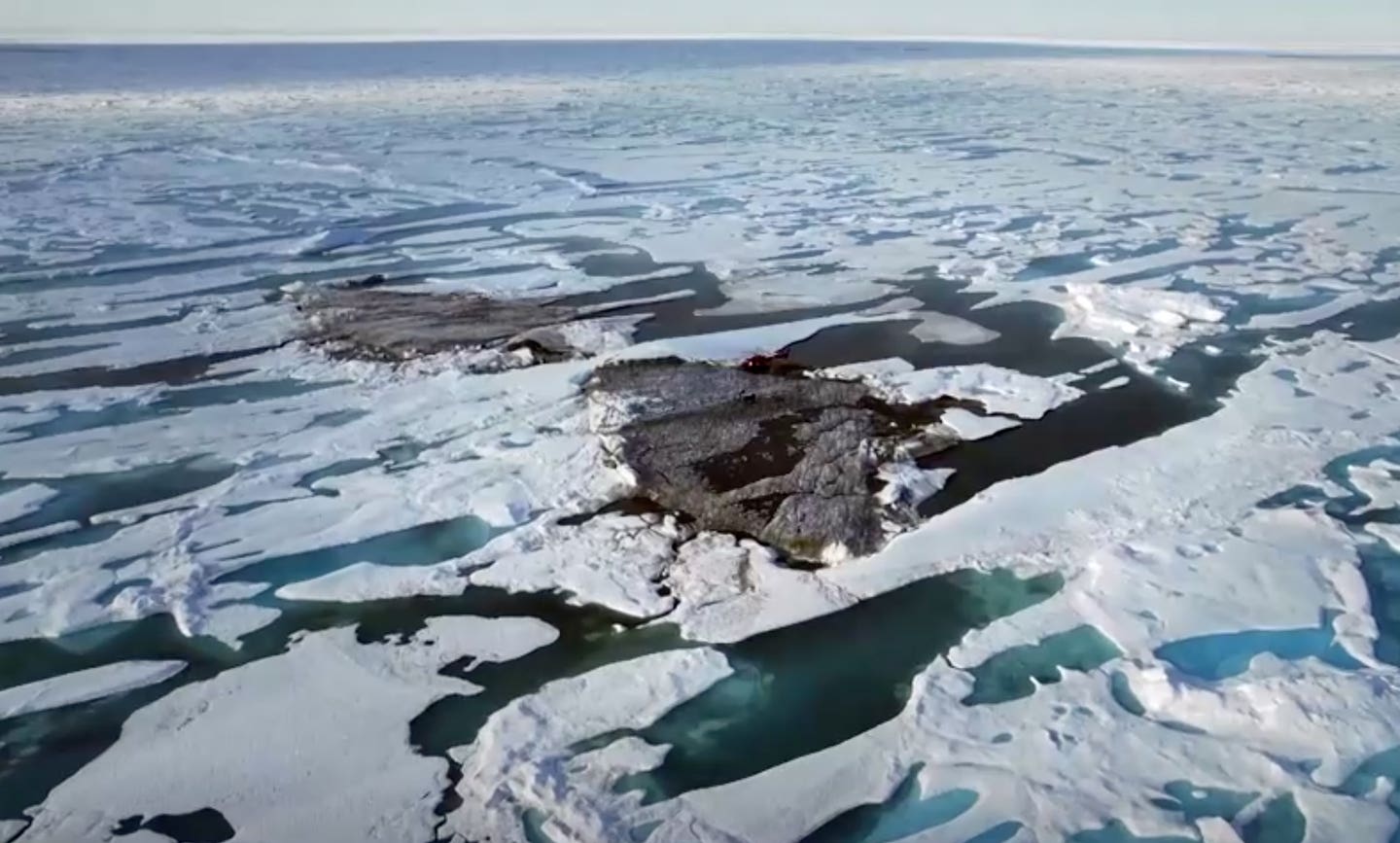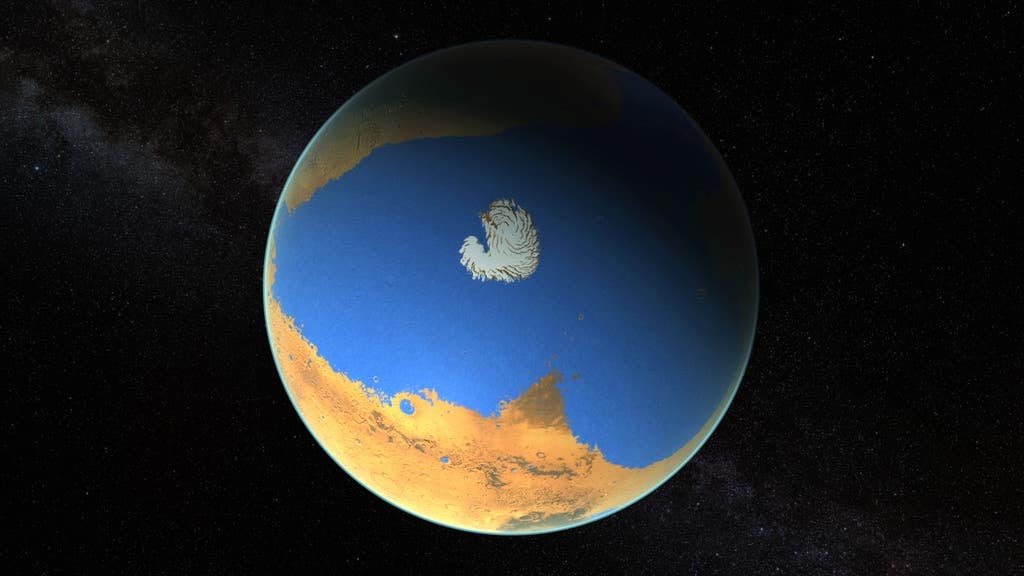Island hunters ‘go crazy’ after explorers discover new northernmost island on the planet
A team of Arctic researchers say they have accidentally discovered what they believe is the world’s northernmost island, off Greenland.

[August 30, 2021: The Brighter Side of News]
A photo provided by Morten Rasch, shows a the newly discovered Island, off the coast of Greenland. (Credit: Reuters)
A team of Arctic researchers say they have accidentally discovered what they believe is the world's northernmost island, off the coast of Greenland.
The scientists from the University of Copenhagen initially thought they had arrived at Oodaaq, an island discovered by a Danish survey team in 1978, to collect samples during an expedition in July.
They instead wound up on an undiscovered island further north.
"We were convinced that the island we were standing on was Oodaaq, which until then was registered as the world's northernmost island," said expedition leader Morten Rasch of the university's department of geosciences and natural resource management.
"But when I posted photos of the island and its co-ordinates on social media, a number of American island hunters went crazy and said that it couldn't be true."
Island hunters are adventurers who search for unknown islands.
An undated handout image of Swiss entrepreneur Christiane Leister, creator of the Leister Foundation that financed an expedition which discovered a tiny island off the coast of Greenland which they say is the world's northernmost point of land, in front of a cairn in which expedition members left a message with details of their visit. (CREDIT: Reuters)
The yet-to-be-named island is 780 metres (850 yards) north of Oodaaq, an island off Cape Morris Jesup, the northernmost point of Greenland and one of the most northerly points of land on Earth.
The tiny island, apparently discovered as a result of shifting pack ice, is about 30 by 60 metres (100 by 200ft) in size and rises about three to four metres (10 to 13ft) above sea level, the university said.
The research team reportedly does not consider the discovery to be a result of climate change and has allegedly proposed naming the island Qeqertaq Avannarleq, which means "the northernmost island" in Greenlandic.
The island consists primarily of small mounds of silt and gravel, according to Mr Rasch.
He said it may be the result of a major storm that, with the help of the sea, gradually pushed material from the seabed together until an island formed.
The island is not expected to exist for a long time, Danish researchers believe.
"No one knows how long it will remain. In principle, it could disappear as soon as a powerful new storm hits," Mr Rasch said.
For more science stories check out our New Discoveries section at The Brighter Side of News.
Like these kind of feel good stories? Get the Brighter Side of News' newsletter.
Tags: #New_Discoveries, #Islands, #Northernmost, #Greenland, #Oodaaq, #Qeqertaq_Avannarleq, #The_Brighter_Side_of_News



